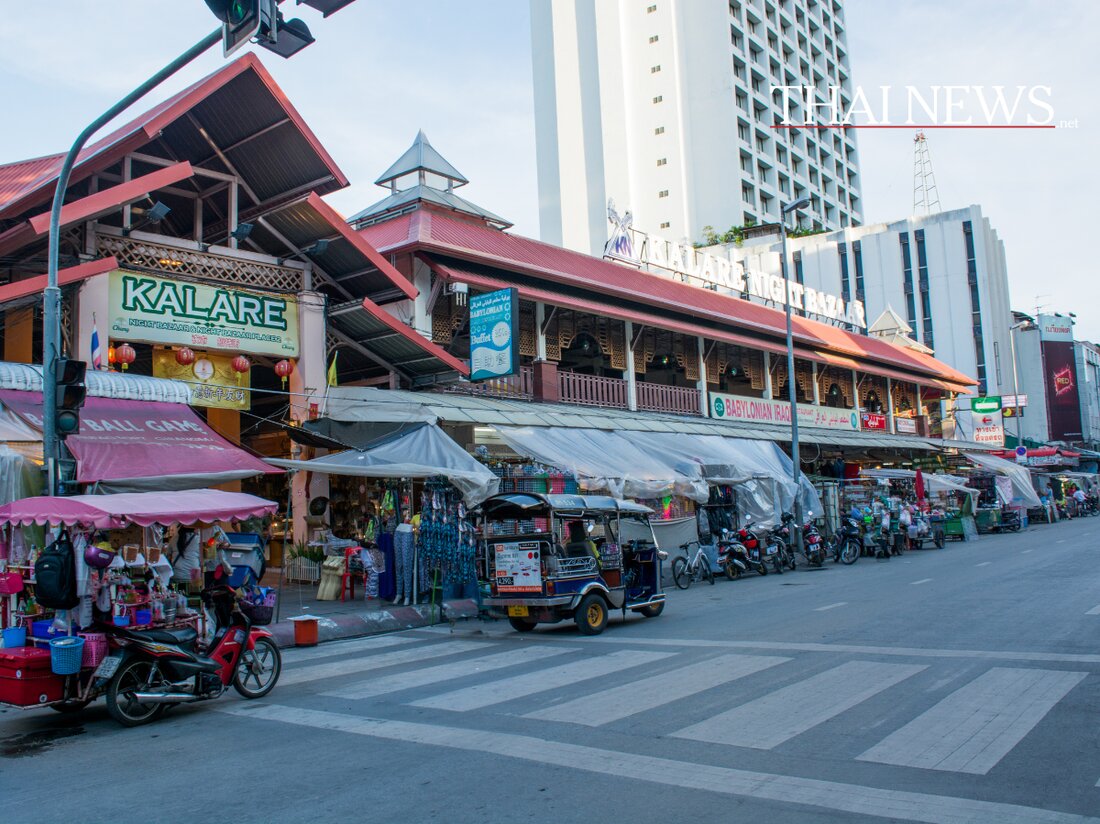Alarming arsenic levels in the Salween River: health at risk!
Dr. Wan Wiriya warns of high levels of arsenic in the Salween River in Chiang Mai and calls for urgent measures to protect the population.

Alarming arsenic levels in the Salween River: health at risk!
On October 28, 2025, Assoc. Prof. Dr. Wan Wiriya, deputy director of Chiang Mai University's Environmental Science Research Center, announced alarming results from samples taken from the Salween River in Mae Sariang District, Mae Hong Son Province. The analyzes from September show that dangerously high arsenic levels were found at several measuring points. 0.05 mg/L arsenic was detected in the upper Salween River and near Tha Ta Fang, while 0.04 mg/L was measured in Ban Mae Sam Laep. These values are well above the accepted limit of 0.01 mg/L, which causes great concern.
Dr. Wan stressed that this is not the first incident of this kind, citing previous tests that also showed excesses in arsenic and other heavy metals. “Authorities must urgently carry out further testing and warn the public,” he said. Additionally, he recommended introducing an official warning process to protect residents from contact with the contaminated water.
The cause nearby?
The possible reasons for this water pollution are varied. Dr. Wan pointed to documented mining activity in the Upper Salween Basin, confirmed by Nation Thailand. In particular, the expansion of rare earth mining near Mong Pawk in northern Shan State, where the number of mining sites has increased from three to a total of 26 in recent years, could negatively impact water quality. These mines, some just a few kilometers from residential areas, use processes that can result in significant threats to groundwater and surface water.
The Shan Human Rights Foundation reported dangerous conditions, particularly after floods in September 2024, which likely carried toxic chemicals to nearby settlements. The unregulated mining operations in this region could not only damage local ecosystems, but also have long-term health consequences for the population. While the Thai government faces slow responses, Pianporn calls for a proactive stance from the human rights organization to negotiate with neighboring countries Myanmar and China over these issues.
Don't forget ecological responsibility
In view of these developments, Dr. Wan has strong concerns about the recent memorandum between the US and Thailand on diversifying global supply chains for critical minerals. “It cannot be the case that economic interests are placed above the well-being of the environment and the health of the population,” he emphasized. Thailand has many alternatives to strengthen the economy without resorting to environmentally harmful practices. Environmental experts agree that the long-term effects of pollution - whether from mining or other industrial processes - have serious consequences for human health and natural habitats, as [Wikipedia](https://de.m.wikipedia.org/wiki/Environmental Pollution) explains.
The challenge remains to master the balancing act between economic growth and environmental protection. Because while the profits from mining are tempting for some, they are at odds with the needs of the population, which relies on clean water and a healthy environment.

 Suche
Suche
 Mein Konto
Mein Konto
